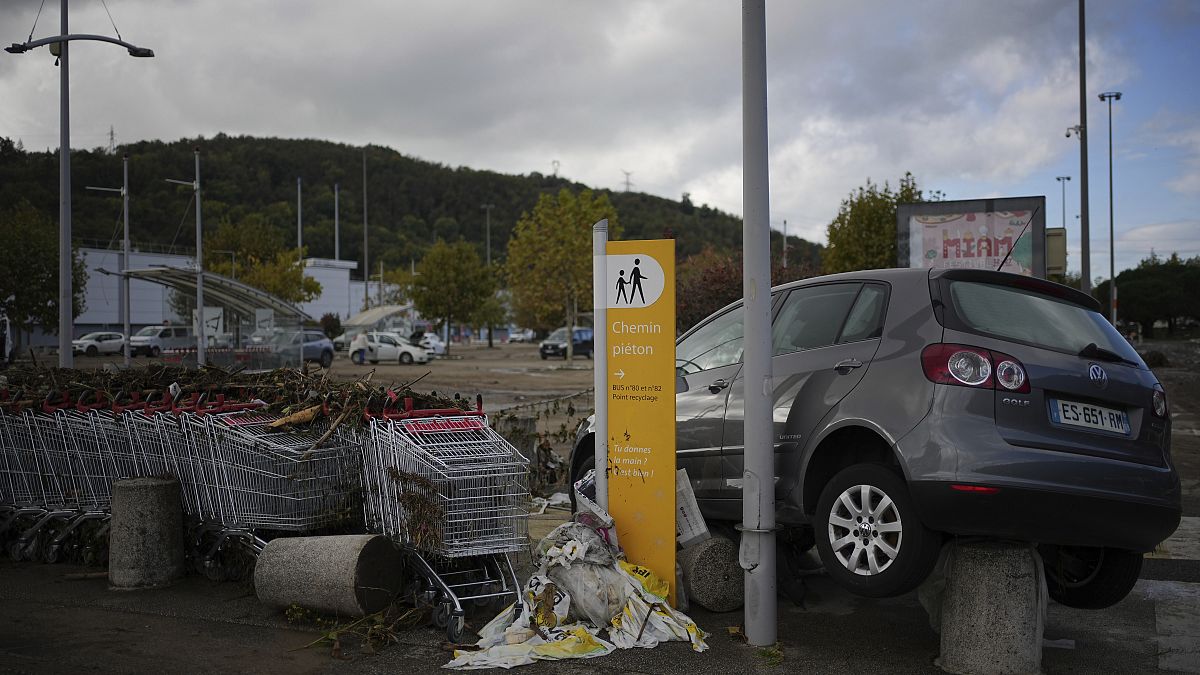Emergency operations were recently conducted in central and southern France due to heavy rainfall, resulting in the worst flooding witnessed in 40 years in the region. The fire brigade played a crucial role in responding to approximately 2,300 rescue operations, as roads across affected areas were also cleared to ensure access. Regions such as Ardèche and Lozère received up to 700 mm of rainfall in just 48 hours, leading to widespread flooding and infrastructure damage. While the red weather alert has been lifted, heavy rain warnings continue to be in effect for south-west France, highlighting the ongoing need for precaution and preparedness.
The devastating impact of the heavy rainfall and subsequent flooding in central and southern France underscores the urgent importance of emergency response operations. With significant rainfall leading to such severe flooding, the fire brigade’s swift response in conducting around 2,300 rescue operations was critical in ensuring the safety and well-being of residents in affected areas. In addition to rescue efforts, roads were also cleared to enable access for emergency vehicles and prevent further disruption, illustrating the comprehensive nature of the emergency operations that were carried out.
The unprecedented levels of rainfall in regions like Ardèche and Lozère, where up to 700 mm of rain fell in a mere 48 hours, have had a profound impact on the affected communities. The sheer volume of rainfall led to widespread flooding, causing damage to infrastructure and homes throughout the area. The extent of the flooding and destruction serves as a stark reminder of the unpredictability and intensity of weather events, underscoring the need for ongoing monitoring, preparedness, and response strategies to mitigate future risks and ensure the safety of residents.
While the red weather alert has been lifted following the emergency operations in central and southern France, the threat of heavy rainfall persists in south-west France. With continued warnings in place, it is crucial for residents and authorities to remain vigilant and prepared for potential flooding and its associated risks. The ongoing nature of the weather warnings emphasizes the need for sustained monitoring and proactive measures to safeguard lives and property, particularly in regions that remain vulnerable to further rainfall and flooding.
As communities in central and southern France begin the challenging process of recovery and reconstruction in the aftermath of the devastating flooding, support and assistance from both local and national authorities will be essential. Rebuilding infrastructure, homes, and other affected areas will require coordinated efforts and resources to address the widespread damage caused by the heavy rainfall. Additionally, ongoing monitoring and risk assessment will be crucial in identifying vulnerabilities, implementing preventive measures, and enhancing resilience to future extreme weather events, in order to protect communities and minimize the impact of similar disasters in the future.
In conclusion, the recent emergency operations in response to the worst flooding in 40 years in central and southern France highlight the vital role of preparedness, response, and recovery efforts in the face of extreme weather events. As communities work to rebuild and recover from the devastation caused by heavy rainfall and flooding, continued vigilance, support, and collaboration among stakeholders will be essential in safeguarding lives, property, and infrastructure. By learning from past experiences and implementing proactive measures, authorities can strengthen resilience and mitigate the impact of future disasters, ultimately enhancing the safety and well-being of residents in regions prone to severe weather events like flooding.










